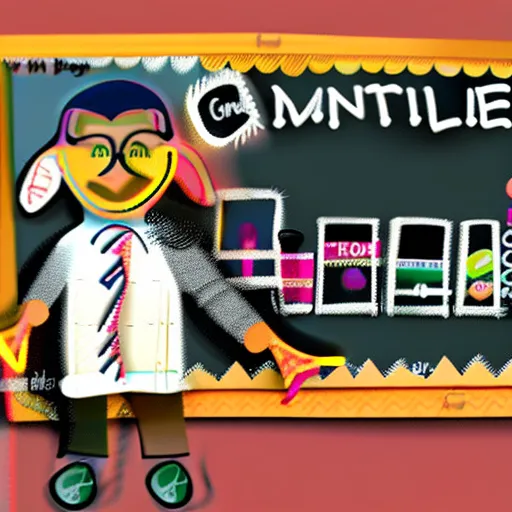Mental Models For Teachers (AI)

1. Growth mindset
the idea that abilities and intelligence can be developed through hard work and dedication.
2. Multiple intelligences
the idea that intelligence is not limited to a single cognitive ability, but can manifest in different ways such as linguistic, logical-mathematical, musical, bodily-kinesthetic, interpersonal, intrapersonal, naturalistic, and existential.
3. Learning styles
the concept that individuals have different ways of absorbing and processing information, such as visual, auditory, and kinesthetic learners.
4. Constructivism
the belief that learning is a process of constructing knowledge through active engagement with the world, rather than passively receiving information.
5. Differentiation
the practice of tailoring instruction to meet the diverse needs of individual students.
6. Social-emotional learning
the understanding that emotional intelligence is a key factor in academic and life success and that schools should strive to cultivate social-emotional skills alongside cognitive skills.
7. Systems thinking
the idea that events, behaviors, and outcomes are interconnected and that changes in one area can have a ripple effect throughout the system.
8. Cultural competence
the ability to understand and respect different cultural backgrounds, experiences, and perspectives, and to work effectively with individuals from diverse backgrounds.
9. Feedback loop
the idea that effective teaching requires ongoing assessment and reflection to inform improvement. Teachers can use feedback from students, colleagues, and their own self-reflection to make informed decisions about their teaching practices.
10. Metacognition
the process of thinking about one's own thinking, including awareness of one's own cognitive processes and strategies. Encouraging students to reflect on their own learning process can help them develop metacognitive skills, which are essential for lifelong learning and academic success.

No comments.